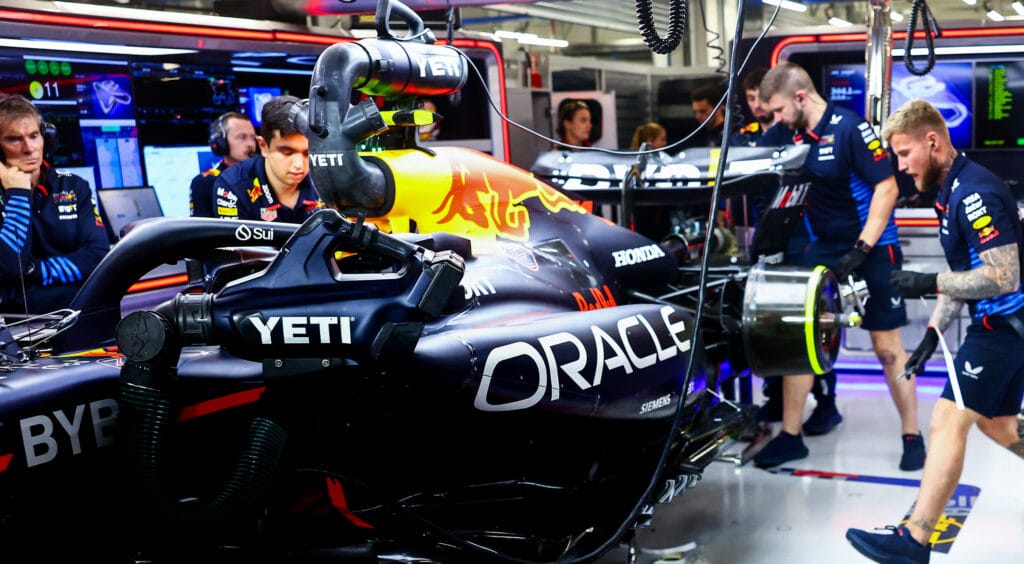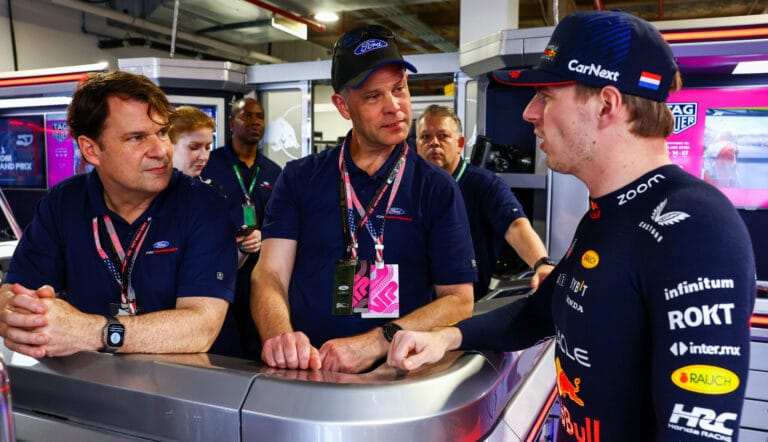The year 2026 promises to be a significant one for Formula 1. New regulations dictate that the cars will become lighter, more agile, and more compact. There will also be substantial changes under the hood; power will be evenly distributed between an electric motor and a combustion engine. For the development of this new powertrain, Red Bull turned to Ford. The American engine giant hints at a long-term collaboration with the Austrians, but sets strict requirements for this partnership.
For the 2026 season, Red Bull is developing its own power source for the first time. Red Bull Powertrains was previously established, a company that currently still supplies engines in collaboration with Honda. However, the Japanese will switch to Aston Martin next year. In turn, Red Bull is entering into a partnership with Ford, which will primarily focus on the electric components. In an interview with Autosport, Mark Rushbrook, the head of Ford Motorsports, emphasized the importance of electrification.
“At Ford, we believe that electrification should always play a role,” he explained. “That’s also what attracted us to 2026.” This new engine formula attracted several car giants to Formula 1. Audi and General Motors also showed interest in the technological testing platform that the sport offers. “It’s about the balance between the combustion engine and the electric drive,” Rushbrook elaborated. “Does that balance have to be exactly equal? Not necessarily. As long as we see opportunities to learn and apply that technology to our road cars.”
Fighting on the Track, Collaborating Off It
Ford’s long-term plans are heavily dependent on the direction Formula 1 takes. Earlier this year, FIA President Mohammed Ben Sulayem suggested a return to atmospheric V10 engines. Although this could be financially attractive on multiple fronts, such engines offer little added value for suppliers like Ford. Rushbrook wants to wait and see how the future unfolds. “The health of the sport, which manufacturers participate, what the regulations look like, and the opportunity to learn from each other – these are all important factors for us,” he explained. Yet, he hinted at a long-term collaboration between Ford and Red Bull: “That is certainly our intention.”
“We want to look with all parties involved at what is best for the future of this sport,” he added. “Will that deliver exactly what every manufacturer wants? No, but that’s part of the process. We need to find a solution that keeps the sport healthy. If the outcome would only be in our favor and other manufacturers would drop out, there would be no healthy competition left. This applies to every championship in which we are active; on the track we fight against each other, but off the track, we need to collaborate.”









